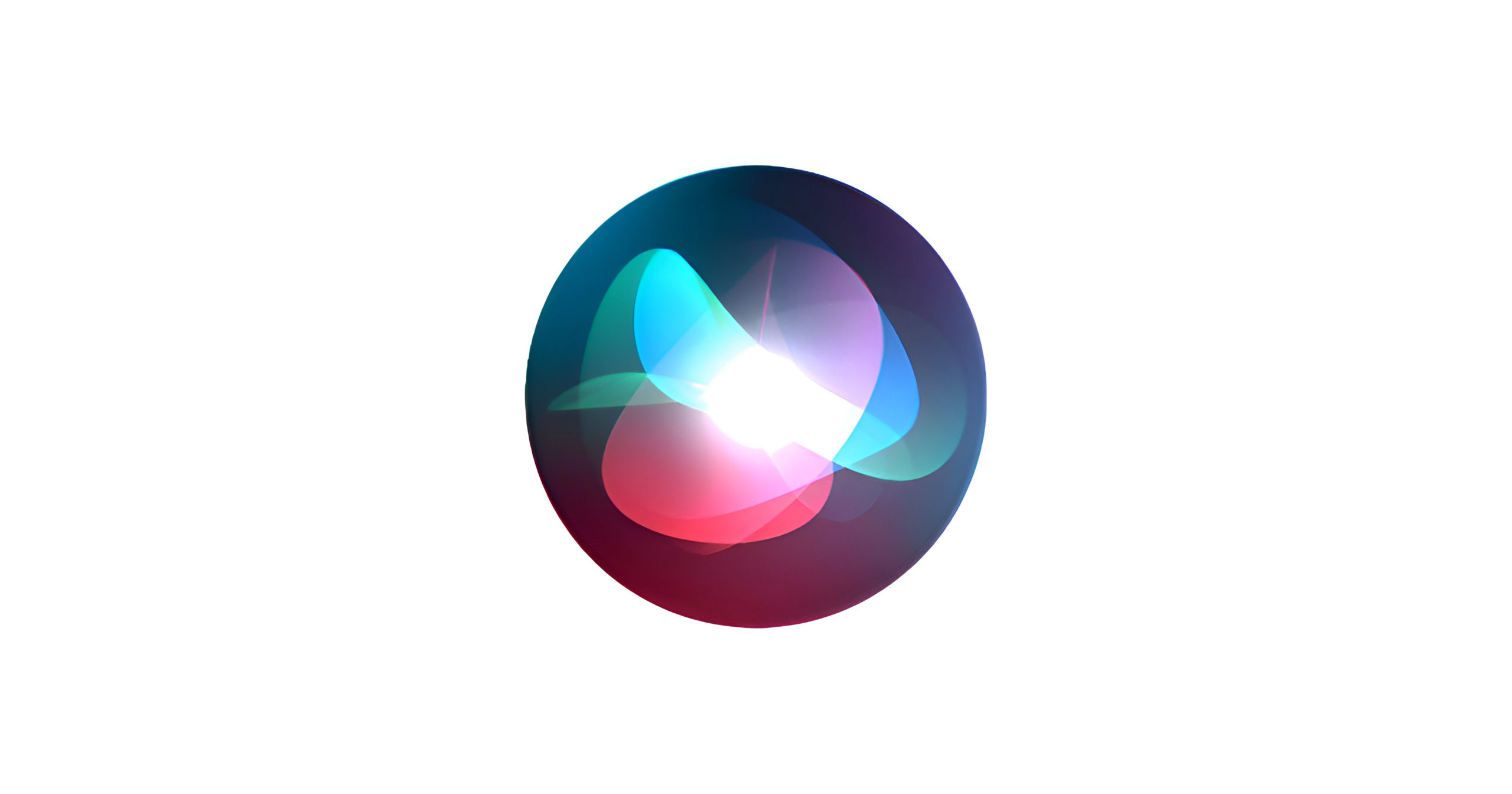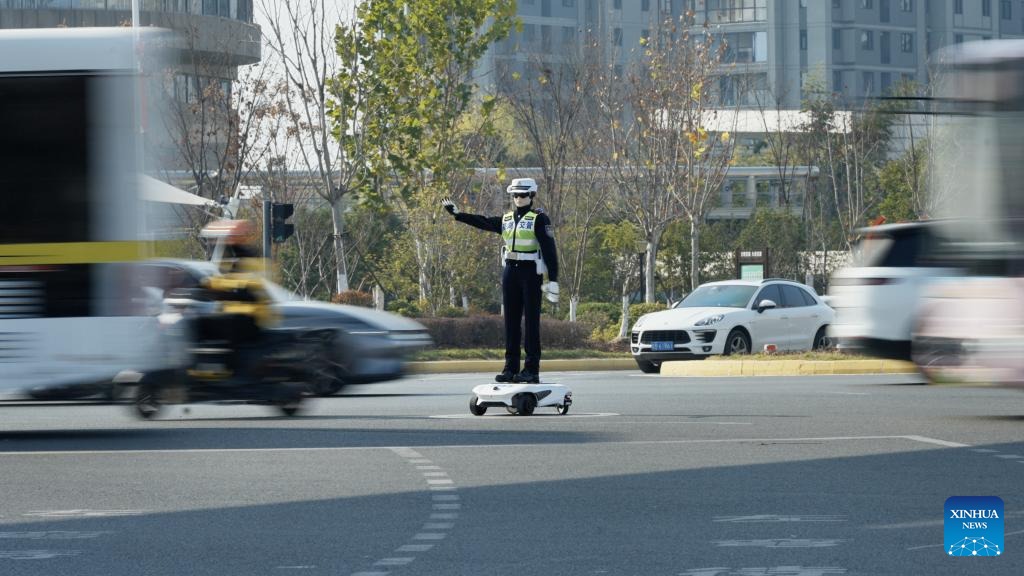Apple officially confirmed what tech insiders suspected: the revolutionary AI-powered Siri features announced at WWDC 2024 won’t arrive until 2026. That’s right — the company that loves to “think different” just admitted their most hyped assistant upgrade needs two more years in development. This delay affects every feature Apple showcased, from cross-app awareness to intelligent automation that was supposed to make your iPhone smart—a major Siri overhaul setback Apple didn’t plan for.
The Reality Check Apple Didn’t Want to Give
Craig Federighi, Apple’s software chief, dropped the truth bomb: the current AI Siri didn’t meet Apple’s reliability standards. Translation? It was buggy as hell. Greg Joswiak from Apple’s marketing team backed this up, saying a high error rate would disappoint customers. At least they’re being honest about not wanting to ship another Apple Maps-level disaster.
Apple was developing two different versions of Siri simultaneously — messier than trying to organize your old iPod playlists while your Spotify Wrapped judges you. The decision to pivot to a completely new architecture suggests the original approach was fundamentally flawed. This isn’t just a minor delay; it’s a complete do-over.
What You’re Actually Missing
The delayed features sound impressive on paper:
- Cross-app awareness that actually works
- Photo information extraction for web forms
- Seamless task automation across your entire device
- Contextual understanding that doesn’t require perfect phrasing
- Integration with third-party apps beyond basic shortcuts
The Real Cost of Perfectionism
Apple’s quality-first approach sounds noble, but it leaves millions of users stuck with Siri’s current limitations while competitors like ChatGPT and Google Assistant continue improving. Your iPhone 15 Pro’s “AI-ready” hardware sits mostly unused, and that premium you paid for cutting-edge features? You’re essentially funding Apple’s research and development.
This delay exposes a harsh reality: Apple’s AI ambitions exceeded its execution capabilities. While the company talks about maintaining high standards, they also promised these features would be ready much sooner. Someone miscalculated the technical complexity involved—a rare misfire that highlights how badly Apple wants out of its AI assistant trap.
The 2026 timeline means current iPhone users might need to upgrade again to access these features fully. That’s potentially two more device generations before you see the AI assistant Apple originally promised. Meanwhile, Google’s Gemini integration grows smarter by the month, and ChatGPT’s mobile experience keeps getting more sophisticated. Your wallet feels that sting, even if your patience doesn’t.




























